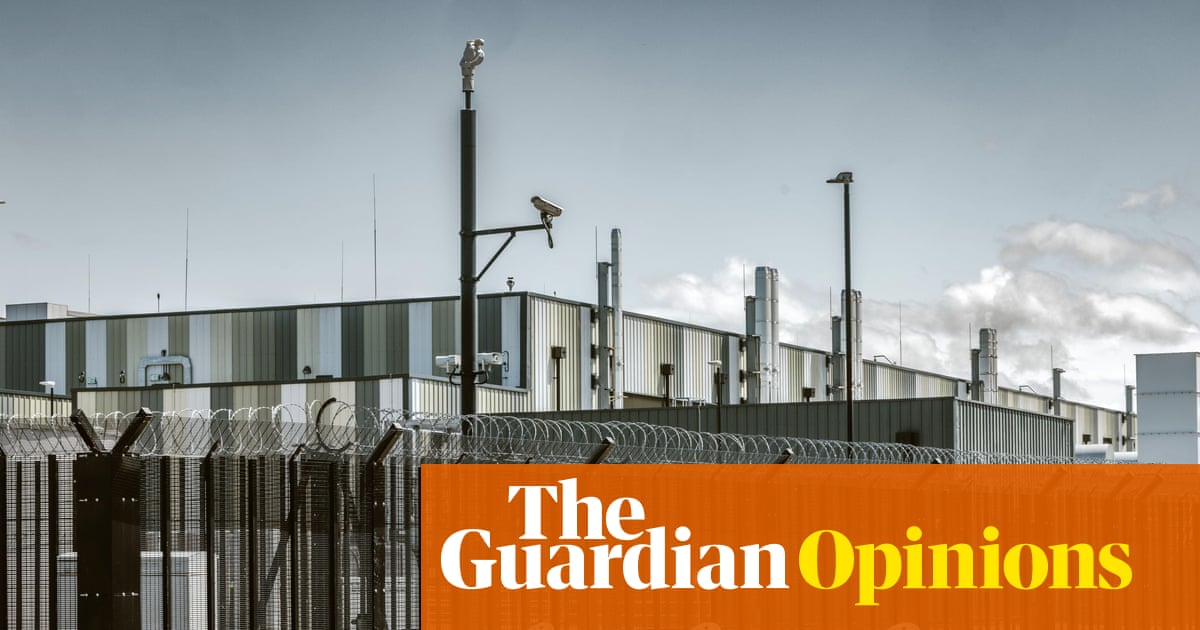
"Removing the tech from our tech-dependent existence led to workers being sent home and exams delayed. The crash, which lasted 15 hours, underlined how deeply our digital lives depend on a small number of cloud providers and how vulnerable many everyday systems are to a single failure. If data is the new oil, then cloud computing is the pipeline, the refinery, the tanker fleet and, increasingly, the pump too."
"The big three AWS, Microsoft Azure and Google Cloud account for 60% of global cloud computing. They own the networks and cables that move data across the world. Their platforms don't just turn data into useful insights they do it with proprietary tools that make switching providers costly and complex. Finally, through Amazon's Alexa, Google Workspace and Microsoft 365, they are also shaping how people interact with data and services."
"Amazon's biggest and most critical cloud region, known as US-EAST-1, is located in northern Virginia and is home to 70% of the world's internet traffic. Virginia's role in web traffic is comparable to the strait of Hormuz for oil tankers a narrow choke point through which vital commerce flows. It is vulnerable not only to technical error but to cyber-attacks, geopolitical sabotage and terrorism."
A 15-hour outage at Amazon Web Services knocked apps and websites offline worldwide, affecting more than 2,000 companies and leaving millions unable to access services such as Snapchat, Roblox, Signal, Duolingo and Amazon operations. The outage forced workers home and delayed exams. Cloud computing concentration is high: AWS, Microsoft Azure and Google Cloud account for 60% of global cloud computing and control networks and cables that move data. Proprietary tools create switching costs and lock-in. Amazon's US-EAST-1 region in northern Virginia handles a massive share of traffic, creating a narrow choke point vulnerable to technical failures, cyber-attacks, sabotage and terrorism.
Read at www.theguardian.com
Unable to calculate read time
Collection
[
|
...
]